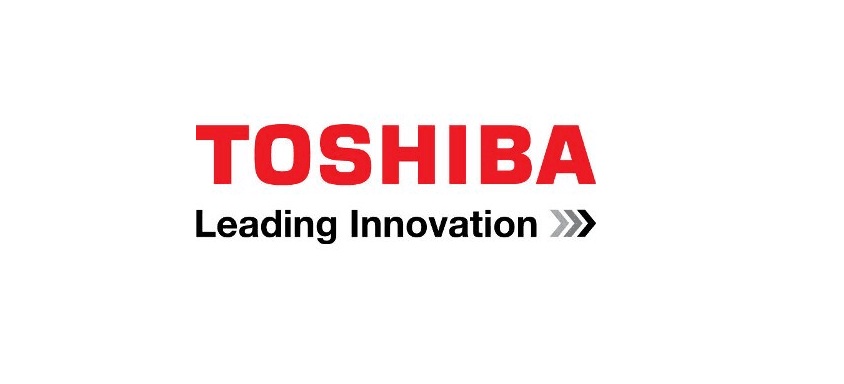Toshiba will, as early as 2022, enter the virtual power plant business — a means of managing renewable energy facilities and operating them like a single large power plant.
The move comes as Japan plans to shift from its current above-market feed-In tariff aimed at encouraging green power to one that more closely reflects market prices. Toshiba aims to store the renewable electricity in batteries, selling at higher prices in the wholesale market. It believes this will help power producers reduce their risk and accelerate the introduction of renewable energy.
Toshiba will set up a company with German virtual power plant operator Next Kraftwerke by the end of this month. Next Kraftwerke has technology that enables it to manage many types and sizes of renewable energy facility simultaneously. It currently handles around 10,000 such facilities.
Toshiba hopes to leverage the German company’s know-how and will encourage businesses with wind and solar power generation facilities across Japan to participate in projects.
The new company will buy electricity by connecting with renewable power facilities and batteries via information technology.
The electricity generated in each region will be used near the source. The company will make use of batteries to store the electricity and sell it during times of peak demand, when prices are higher.
Japan aims to increase the share of renewables in its energy mix, as Prime Minister Yoshihide Suga has pledged to reduce the country’s greenhouse gas emissions to zero by 2050. Toshiba has set a sales target of 40 billion yen ($380 million) by 2030 for its virtual power plant business. It also hopes to gain more than a 10% share of the wholesale electricity market in terms of transaction volume.
Toshiba’s entry into the virtual power plant business is in line with the government’s push to change the current feed in tariff. Under the tariff, utilities and others buy renewable power at prices and contract durations set by the Ministry of Economy, Trade and Industry.
At the moment, the government pays a fixed price for electricity from renewable sources to support green power producers. When this price is higher than market rates, users pay the difference through a surcharge.
The cost of the levies is as high as 2.4 trillion yen ($23 billion) per year, so the government wants to reduce the amount that it purchases at fixed prices. It has decided to introduce a feed-in-premium, or FIP, scheme for renewable power, starting in 2022. Under this system, the amount of profit producers make depends on when they sell their electricity.
They will also pay a penalty if there is a discrepancy between the electricity supply plan submitted to the government and the amount they actually supply.
Virtual power plants allow multiple producers to adjust their output, which reduces the gap between supply plans and actual supply. It also reduces the risk of price volatility.











































